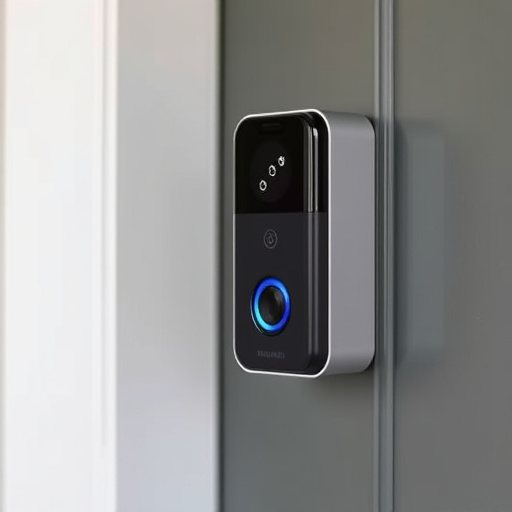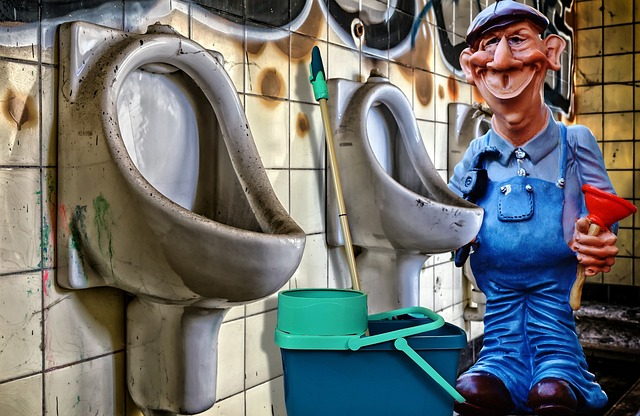Residential plumbing specialization is a niche within the plumbing industry focusing on homes and homeowners' specific needs. Plumbers in this field manage complex water supply, waste removal, and heating systems, offering services like fixture installation, leak repair, and code-compliant installations. Insurance bonding is crucial, providing both property owner protection and contractor financial stability by ensuring contractual obligations are met and compensating for any losses or damages. Specializing offers secure career paths with consistent work, higher earnings, and client trust. Navigating insurance bonding requirements through industry engagement and policy reviews is essential, while starting a residential plumbing business requires licenses, training, certifications, and considering insurance bonding for protection.
Considering a career in plumbing? Specializing in residential plumbing can be a rewarding path. This article explores the unique aspects of this field, from understanding the ins and outs of residential plumbing to navigating insurance bonding, a crucial aspect of plumbing contracts. Discover the numerous advantages of specialization, common challenges, and expert tips for starting your own business. By delving into these topics, you’ll gain valuable insights into how to thrive in this essential trade.
- Understanding Residential Plumbing Specialization
- The Role of Insurance Bonding in Plumbing Contracts
- Benefits of Becoming a Specialized Residential Plumber
- Common Challenges and How to Overcome Them
- Steps to Start Your Specialized Plumbing Business
Understanding Residential Plumbing Specialization
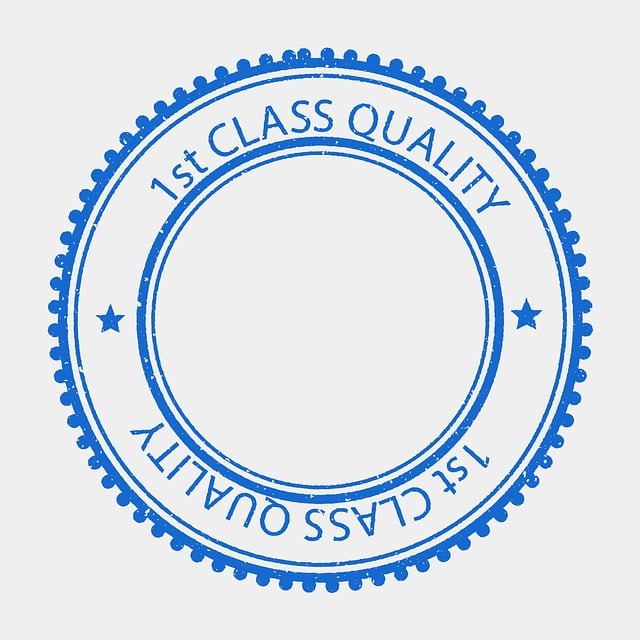
Residential plumbing specialization is a focused area within the plumbing industry, catering specifically to the unique needs of homes and homeowners. It involves understanding the intricate systems that ensure the smooth functioning of water supply, waste removal, and heating in residential properties. Plumbers specializing in this field are equipped with the knowledge and skills to handle various tasks, from installing water heaters and fixtures to repairing leaks and maintaining pipes.
Specialization also means staying updated with local building codes and regulations, as these can significantly impact plumbing installations. Additionally, many residential plumbing specialists offer services related to gas lines, drainage systems, and even smart home integration, ensuring that homes are not only functional but also efficient and safe. Furthermore, these professionals often come equipped with the necessary insurance bonding, demonstrating their commitment to quality work and customer protection.
The Role of Insurance Bonding in Plumbing Contracts
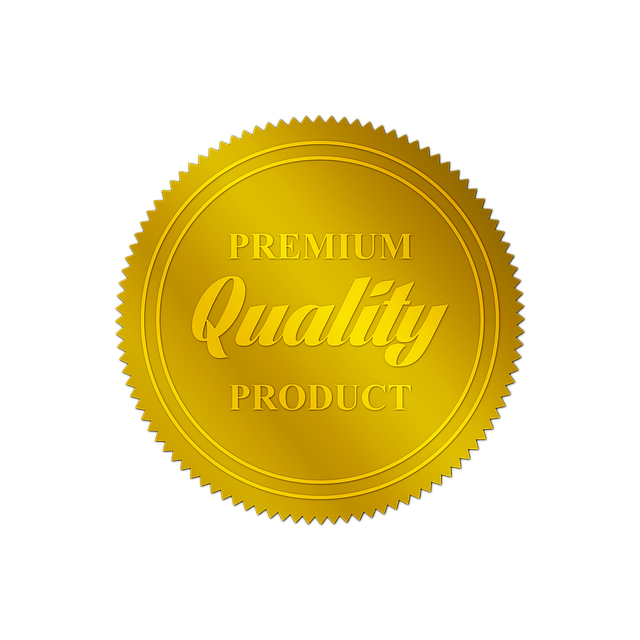
In the realm of residential plumbing, insurance bonding plays a pivotal role in ensuring both the protection of property owners and the financial security of contractors. When a plumbing contractor takes on a project, they are often required to obtain an insurance bond as part of the contract. This mechanism serves multiple purposes. Firstly, it guarantees that the contractor will fulfill their contractual obligations, including completing the work according to specifications and within the agreed-upon timeframe. If the contractor fails to meet these standards, the bond ensures that the property owner is compensated for any resulting losses or damages.
Moreover, insurance bonding provides a layer of protection against financial risks associated with plumbing projects. It protects property owners from potential claims or lawsuits that may arise due to negligence, faulty workmanship, or non-compliance with local regulations. By requiring contractors to carry insurance bonds, homeowners can have peace of mind knowing that their investment is safeguarded, even in the event of unforeseen circumstances. This practice fosters trust and ensures a more secure environment for both clients and professionals in the residential plumbing industry.
Benefits of Becoming a Specialized Residential Plumber

Becoming a specialized residential plumber offers numerous advantages in the competitive construction and renovation industry. One of the key benefits is increased job security. Homeowners often turn to specialists for complex plumbing issues, ensuring that skilled professionals handle their critical systems. This specialization allows plumbers to build a reputation for excellence, leading to consistent work opportunities.
Additionally, specialized plumbers benefit from higher earning potential due to their expertise. Many residential plumbing specialties, such as water heater repair or whole-house repiping, command premium rates. Moreover, carrying insurance bonding demonstrates professionalism and financial responsibility to clients, enhancing trust and opening doors to larger projects and better contracts.
Common Challenges and How to Overcome Them
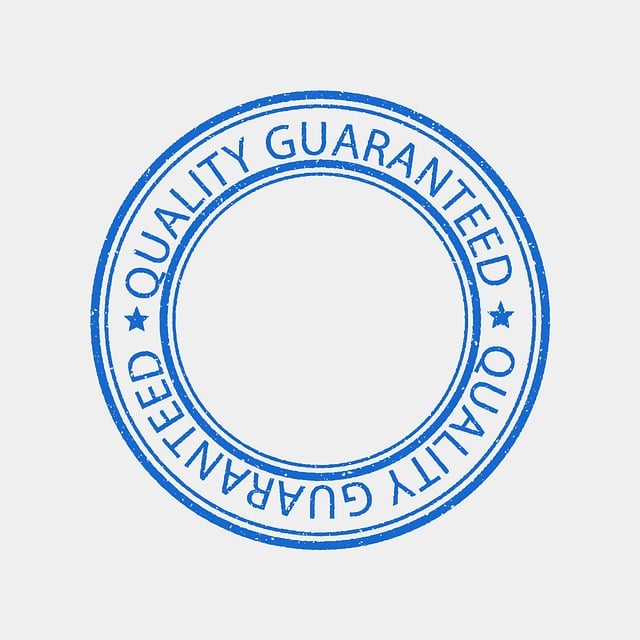
Plumbing is a vital yet often overlooked trade, and specializing in residential plumbing can be both rewarding and lucrative. However, like any profession, it comes with its challenges. One of the primary obstacles is navigating the complexities of insurance and bonding requirements. Obtaining the necessary insurance coverage to protect your business and clients is crucial but can be intricate. Plumbers must ensure they have adequate liability insurance, worker’s compensation, and bond agreements in place, which may involve extensive paperwork and negotiations with insurers.
Overcoming these challenges requires a strategic approach. First, stay informed about industry standards and legal requirements. Engage with professional organizations to gain insights into best practices for insurance and bonding. Additionally, seek advice from experienced peers who can offer guidance on navigating the process efficiently. Regularly reviewing and updating your insurance policies ensures you remain covered for changing business needs. By taking proactive measures, plumbers can transform these obstacles into manageable steps, ensuring a secure and successful career in residential plumbing.
Steps to Start Your Specialized Plumbing Business
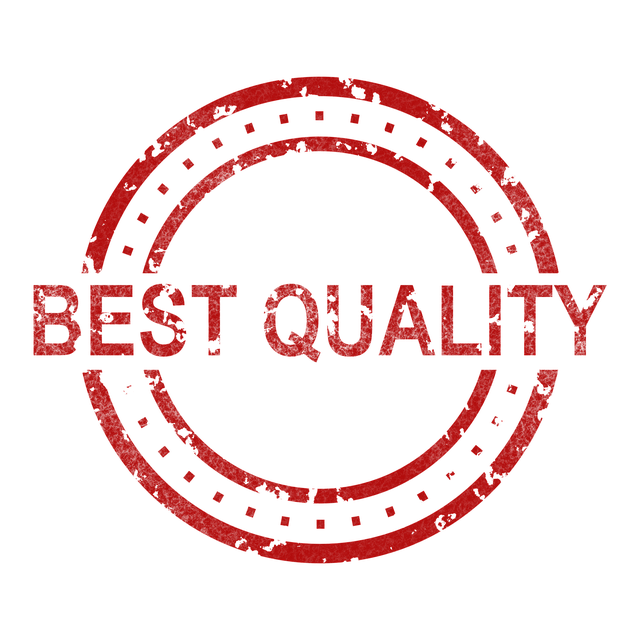
Starting your own residential plumbing business can be a rewarding venture, especially with a specialized focus. Here are some key steps to help you get started:
1. Obtain Necessary Licenses and Permits: Before diving into the plumbing industry, ensure you meet all local requirements. This may involve obtaining licenses, permits, and even insurance bonding to protect your business and clients. Check with your city or state authorities for specific guidelines, as regulations can vary.
2. Master Specialized Skills: Residential plumbing offers a range of specialties like pipe repairs, fixture installations, and water heating systems. Identify your niche, whether it’s specialized leak detection, high-end bathroom renovations, or efficient energy-saving solutions. Invest in training and certifications to enhance your expertise, ensuring you deliver top-notch services that set your business apart.





